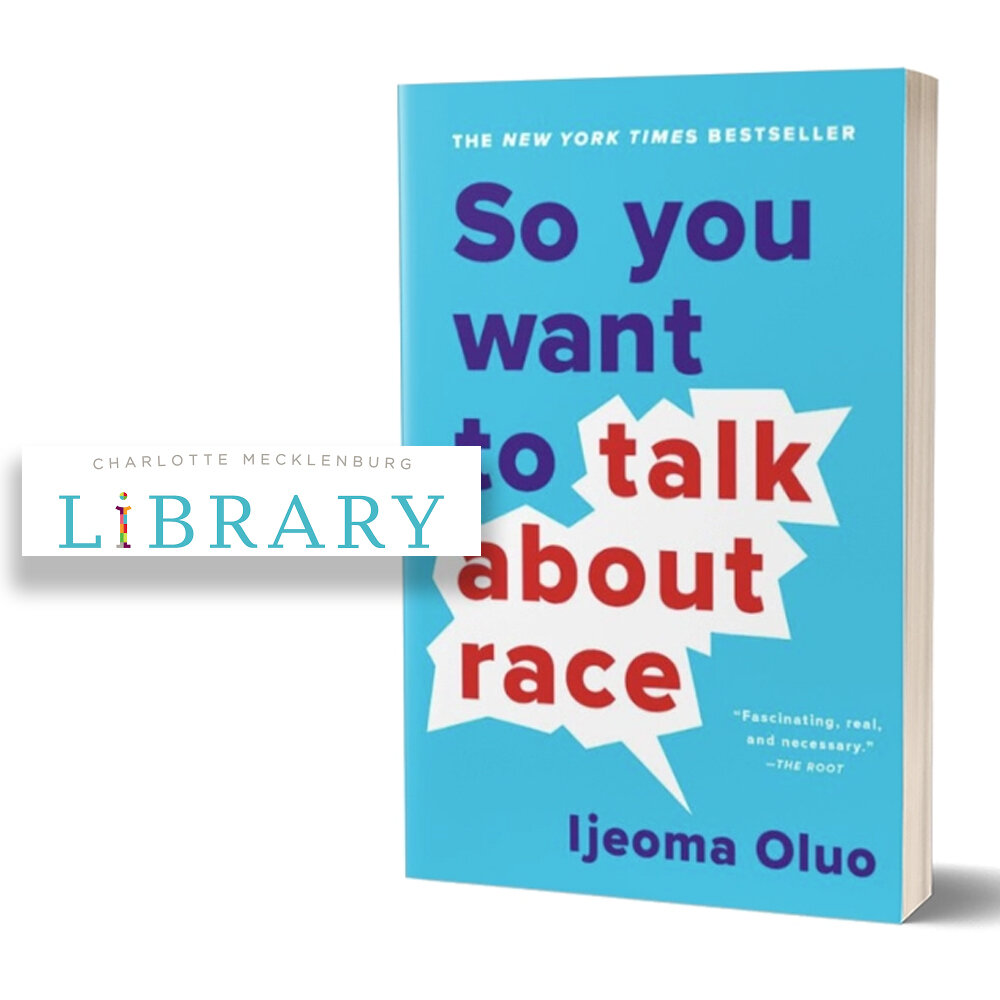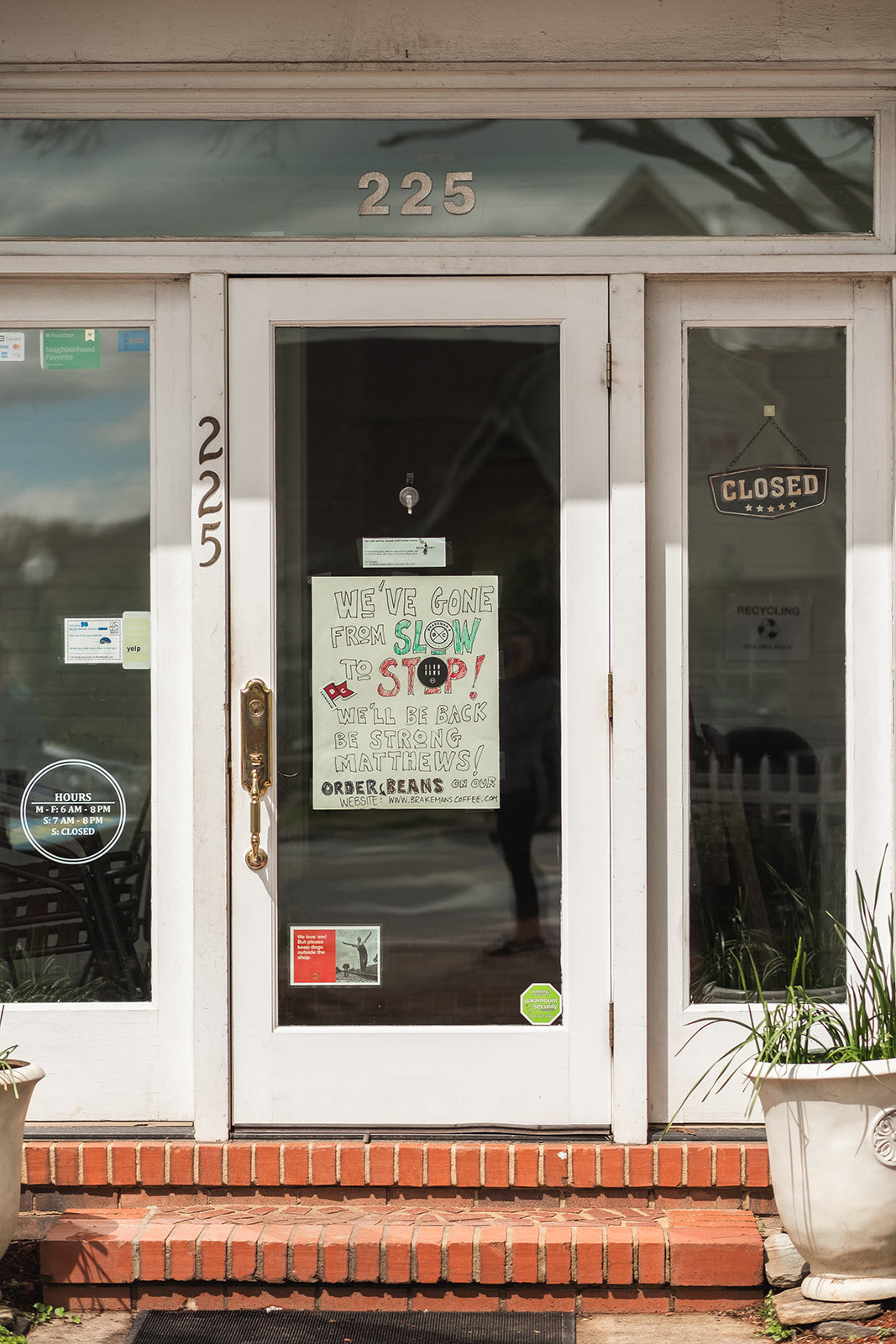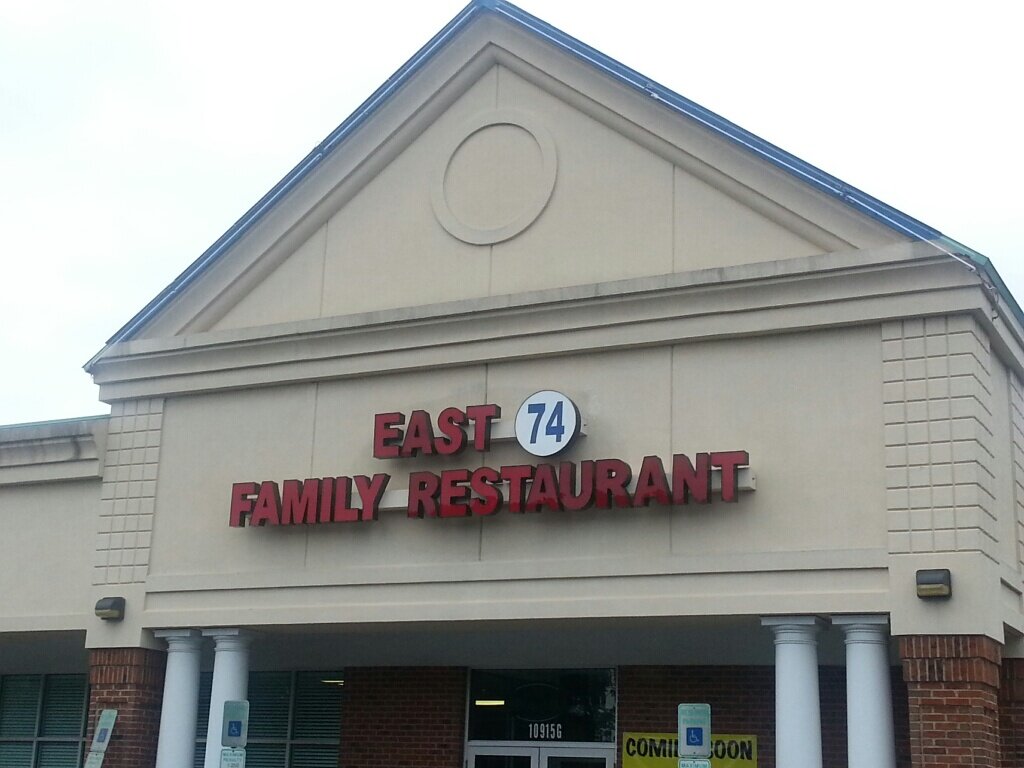Student involvement is significant for this reason: the next generation of Matthews’ leaders, who may now be sitting in a math class, could one day be elected to Town Council.
On January 28th, the annual Charlotte Women’s March rallied up in Charlotte, North Carolina, with participants holding up slogans and attentively listening to the day’s speakers. This was a community of people coming together to raise awareness about their concerns regarding equal rights. What many may have been surprised to see was the large amount of student-aged participants at the March.
“I was blown away by the amount of people under the age of 18 who attended.” said Carmel Christian senior, John. “It was so cool to see and meet people who were forming their own opinions about real issues and being passionate enough to make a stand,” he said.
Now more than ever, students in Matthews, North Carolina, have the means to become more politically aware and involved within their community.
“It was so cool to see and meet people who were forming their own opinions about real issues and being passionate enough to make a stand.”
With the recent shooting at David W. Butler High School, conversation about gun control has been amplified locally. “I wanted to do something with all the intense emotions I was feeling about what happened and to turn my anger into something productive,” said Butler High School junior, Hope, explaining her response to the shooting. Because of her desire to make her voice heard, Hope took the initiative and reached out to a representative through NCgv.org, an organizational group against gun violence in North Carolina. Once a meeting is facilitated, she will be able to formally discuss her concerns regarding gun-control with a Country Representative.
In light of Hope’s actions to make a difference, a similar trend has been seen of student participation within the political world, a realm that has been traditionally occupied by adults. Mecklenburg County Commissioner in district six, Susan McDowell-Rodriguez, has noticed this upswing of student involvement. “I have gotten to speak to kids at Butler, Providence, and South Meck {high schools}.” she said. Following the Parkland shooting, Rodriguez notes that, “like the kids in Parkland who raised awareness, the kids in Charlotte-Mecklenburg have {raised awareness} as well.”
Photo by Joanna Albanese Schimizzi
Within her role as County Commissioner, she has witnessed how students have helped at organizational and precinct meetings by “handing out literature, going door to door- things like that.” According to Rodriguez, the types of students who are getting involved are a mixed bag. “I think it has been a lot of females, there are a number of guys as well, but it’s about 60/40.... all different kinds of kids,” she said.
The question posed to Rodriguez is, can the students who are getting involved actually make a real impact? The most effective way that students can be recognized, according to Rodriguez, is, “when kids show up for stuff and ask questions at Town Council meetings- {the students} who have researched and thought about issues- I think it’s super powerful,” she said.
As well, Rodriguez believes that students play a large role in reminding those of voting age the significance of their vote. “Kids can be very powerful with reminding adults about things concerning the future, like gun control and the environment,” she said. The overall benefit of student involvement is that is it adds to the amount of people who genuinely care about politics. “I think anytime we can get people more involved, it is a good thing- starting them young is great because it increases participation in the future.” Rodriguez said.
“I think anytime we can get people more involved, it is a good thing- starting them young is great because it increases participation in the future.”
As a final note, Rodriguez emphasizes that one of the most important things a student can do is to, “combat apathy,” meaning to fight against an attitude of not caring. “A lot of people are apathetic about politics- they think, ‘oh well,’ and lose interest,” said Rodriguez. A way to change this attitude is to have open conversations about politics. For students, they should have those important discussions about more serious topics, like gun control. “Tell them why things matter to you- they [will] think about things differently,” she said.
“It’s about the future and it’s about these kids who are coming up,” concludes Rodriguez. Student involvement is significant for this reason: the next generation of Matthews’ leaders, who may now be sitting in a math class, could one day be elected to Town Council. We should recognize the power of the student voice, as it is the voice of tomorrow.













